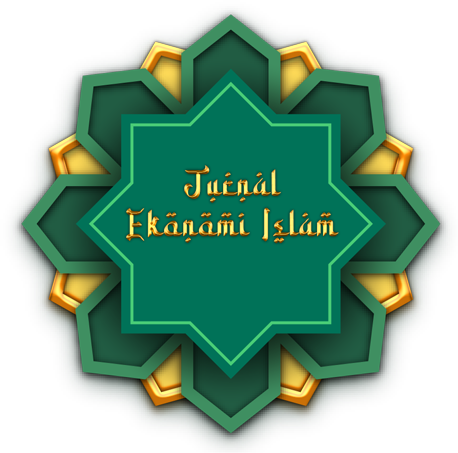Main Article Content
Abstract
This study aims to analyze the comparison of the efficiency of Baitul Maal wat Tamwil on BMT members of Inkopsyah in Java and Sumatra Island in 2013-2017. This research is quantitative research with a descriptive approach. To test the hypotheses of the samples, we use Data Envelopment Analysis (DEA) method. Assuming Constant Variables to Scale (CRS), Baitul Maal wat Tamwil obtained an average efficiency score over the study period of 0.88799544. However, using the VRS assumption, Baitul Maal wat Tamwil achieved a better average efficiency score with a score of 0.93110024. The results of this study are expected to be useful for stakeholders relating to the sustainability of BMT, such as for implementers or practitioners in the related BMT, for academics or researchers interested in the same topic, and for the community as customers of BMT itself.
Keyword: BMT, Inkopsyah, efficiency, CRS, VRS.
Article Details

This work is licensed under a Creative Commons Attribution-NonCommercial-ShareAlike 4.0 International License.
Authors who publish with this journal agree to the following terms:
Authors retain copyright and grant the journal right of first publication with the work simultaneously licensed under a Creative Commons Attribution License that allows others to share the work with an acknowledgement of the work's authorship and initial publication in this journal.
Authors are able to enter into separate, additional contractual arrangements for the non-exclusive distribution of the journal's published version of the work (e.g., post it to an institutional repository or publish it in a book), with an acknowledgement of its initial publication in this journal.
Authors are permitted and encouraged to post their work online (e.g., in institutional repositories or on their website) prior to and during the submission process, as it can lead to productive exchanges, as well as earlier and greater citation of published work (See The Effect of Open Access).
